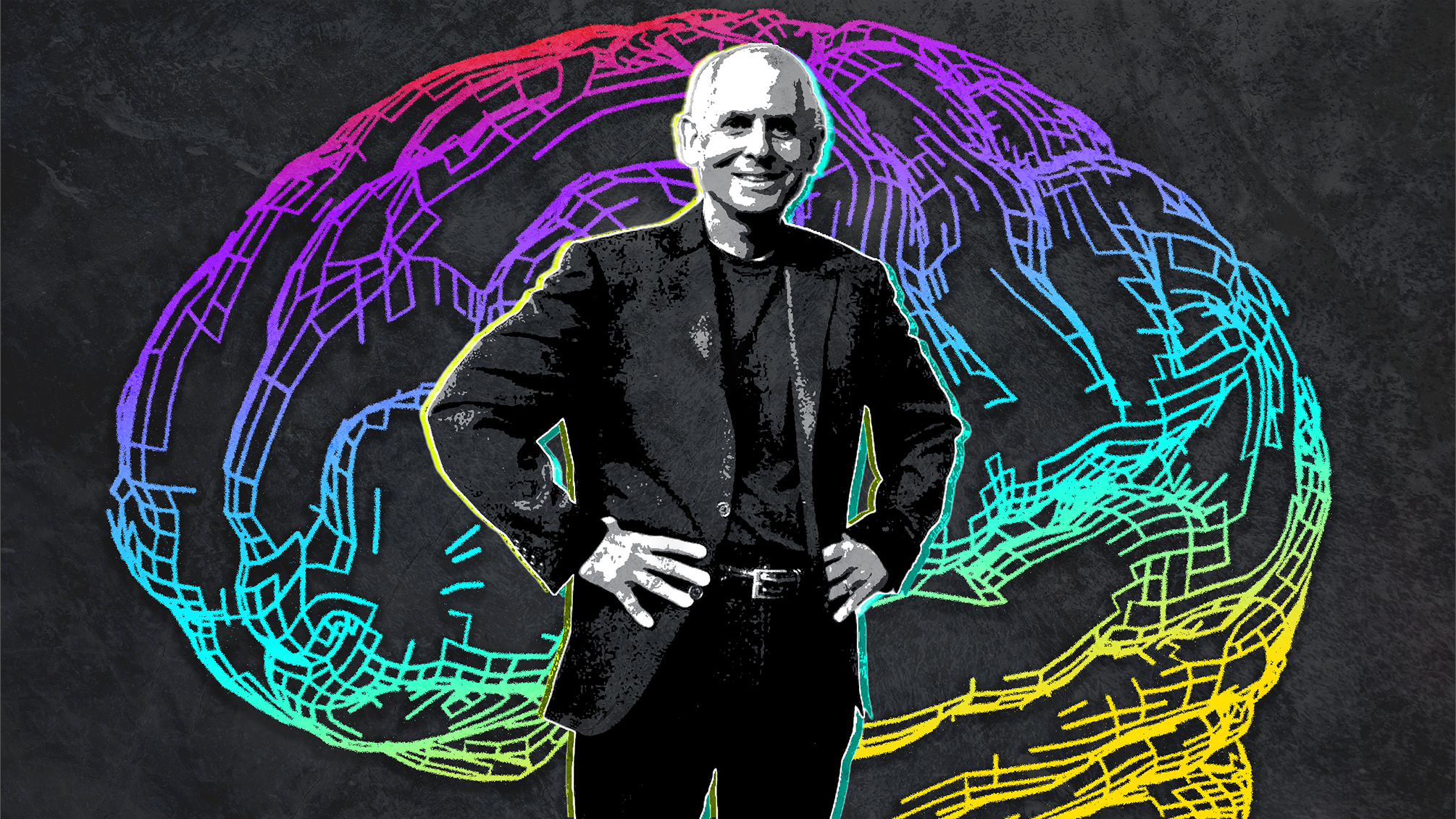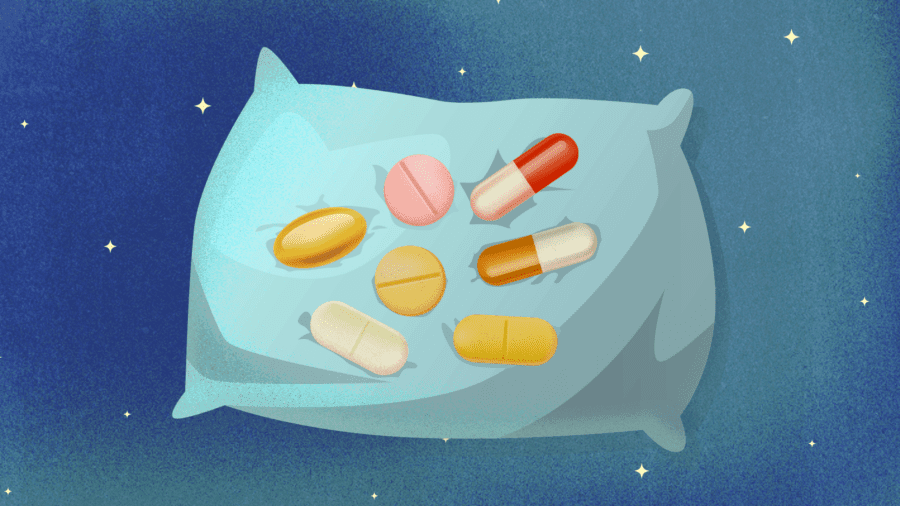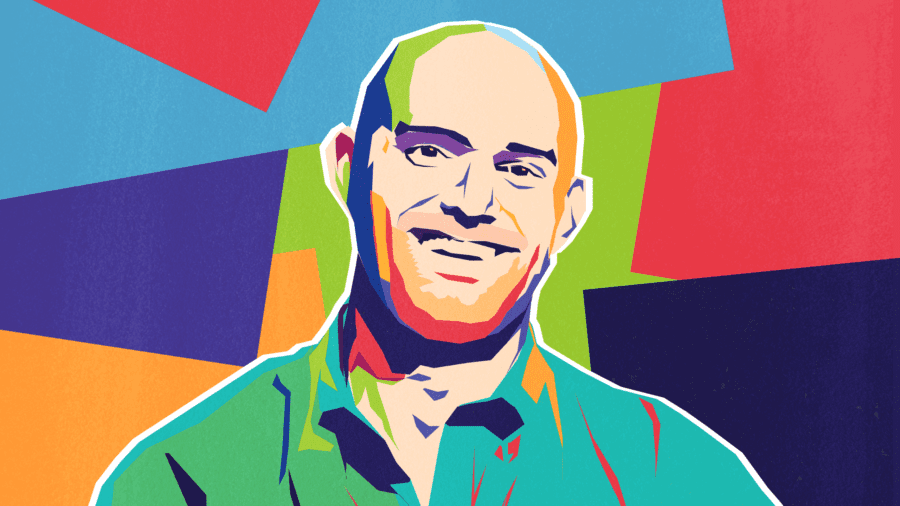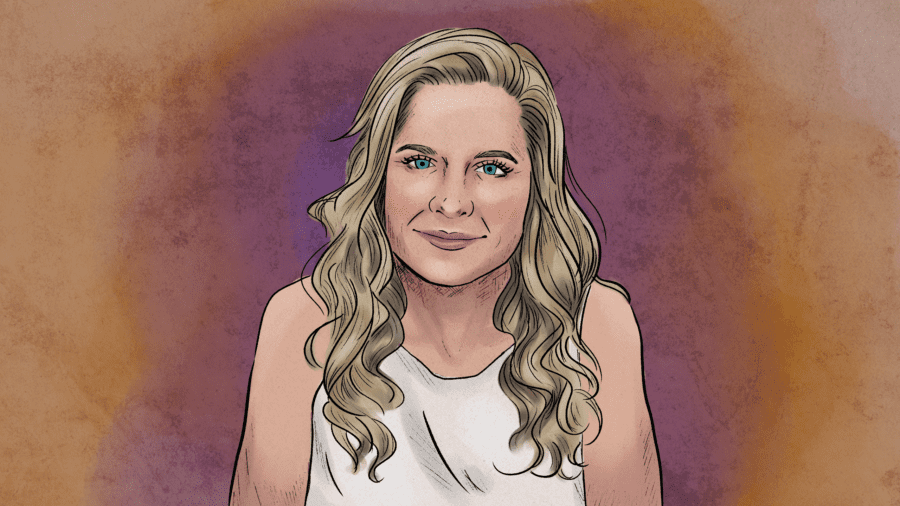
Dr. Daniel Amen’s Best Advice on Discovering Your Brain Type & Pursuing Your Genius
The human brain is fascinating and complex, and — believe it or not — your brain impacts more than just your mental and emotional functioning. It also directly impacts your physical health.
Understanding your brain is a critical part of optimizing yourself. Fortunately, we’ve featured several brain experts on The School of Greatness, and one of our most acclaimed and prolific recurring guests is the physician and psychiatrist Dr. Daniel Amen. Through the years, Dr. Amen has shared invaluable insights into human brain types and how they directly affect our learning, mood, and long-term health.
Daniel Amen’s Work in Brain Optimization
Dr. Amen has a great deal of experience and expertise in psychiatry and the brain. For decades, he’s researched the relationship between the brain and body, and he’s authored many books about his findings, including The End of Mental Illness, Healing ADD, and his most recent book, You, Happier: The 7 Neuroscience Secrets of Feeling Good Based on Your Brain Type. His most famous book, Change Your Brain, Change Your Life dominated the New York Times bestseller list. In the book, Dr. Amen takes a deep dive into revealing how people can optimize their physical health and mental functions.
In addition to his groundbreaking research, Dr. Amen founded Amen Clinics, the world’s most substantial database for brain SPECT scans, which examine brain activity patterns indicating brain types. The database features over 200,000 SPECT scans taken on patients from around the world. He also founded BrainMD, a science-based nutraceutical company, and Amen University, a website featuring several courses about brain health and optimization. The courses provide invaluable techniques to calm anxiety and improve sleep, focus, and memory.
Many television programs have featured Dr. Amen and his research through the years, including Larry King, Dr. Oz, The Doctors, The View, Dr. Phil, and The Truth About Drinking. He was even a consultant on the film Concussion starring Will Smith.
With many years of experience and research in psychiatry, Dr. Amen has discovered and shared expert insights into understanding and enhancing your brain. A substantial part of his research involves the different brain types, including balanced brains, spontaneous brains, persistent brains, sensitive brains, and cautious brains. Let’s get right into what Dr. Amen has to say about the different brain types so that you can uncover your genius!
Change Your Life By Uncovering Your Brain Type
There are five primary brain types among humans, and discovering your own brain type can guide you on your journey to optimizing your mental abilities and long-term health. Dr. Amen’s BrainMD even shares how you can implement diet plans based on your brain type to enhance your mental and physical abilities.
Brain Type 1: Balanced Brain
Brain Type 1 is characterized by its symmetry. A person with Type 1 has symmetrical activity throughout their brain, and most of their activity occurs within the cerebellum.
The symmetrical activity makes Type 1 the optimum brain type. People with this type of brain are typically more focused, flexible, positive, and relaxed. In fact, people with a balanced brain are often happier than people with other brain types.
People with Brain Type 1 typically live longer than those with other brain types because they’re usually more conscientious and avoid taking unnecessary or dangerous risks.
Although this brain type may be a “best-case scenario,” people still need to work on their brains for long-term cognitive health.
Brain Type 2: Spontaneous Brain
People with this brain type have less activity in their prefrontal cortexes. BrainMD describes the prefrontal cortex as a brake system of sorts — it keeps you from saying or doing something that you may regret later.
Those with Brain Type 2 typically have lower dopamine activity. Dopamine is a neurotransmitter that has to do with focus and motivation. Because they have lower dopamine levels, individuals with Type 2 often seek dopamine through stimulating pursuits such as drinking, eating, or engaging in exciting activities. They also typically require some form of stimulation to stay focused and may overuse stimulants such as caffeine and nicotine.
In one of our interviews on The School of Greatness, Dr. Amen described how people with this brain type usually dislike routines and want their lives to be fairly unpredictable. They also love novel experiences and surprises.
Brain Type 3: Persistent Brain
Those with Brain Type 3 have an overactive anterior cingulate gyrus (ACG). The anterior cingulate gyrus affects one’s ability to be mentally flexible. Those with an overstimulated ACG are persistent but are also often stubborn.
One of the main causes of ACG overstimulation is a lack of serotonin in the brain, and people with this brain type often have difficulty shifting their focus. They also worry often and typically have trouble sleeping.
People with persistent brains usually enjoy routines and dislike surprises. They’re also tenacious when it comes to their habits and enjoy completing tasks on time.
Because the anterior cingulate gyrus is already overstimulated, those with Brain Type 3 should consider avoiding caffeine and diet pills.
Brain Type 4: Sensitive Brain
Those with this brain type have increased activity in the brain’s limbic centers, which has to do with emotions. Because they’re more emotional, people with Brain Type 4 struggle with negative moods, but they are also sensitive and empathetic.
People with Brain Type 4 are incredibly relationship-driven. They need human connections, so the state of their personal relationships often dictates their emotional health. Those with sensitive brains derive great joy from positive relationships, but they may struggle with pessimism and negative thoughts, especially when stressed.
Brain Type 5: Cautious Brain
People with Brain Type 5 have increased activity in areas of the brain associated with anxiety, like the amygdala, insular cortex, and basal ganglia. The overstimulation of one or more of these brain areas frequently occurs due to a lack of sufficient GABA, a neurotransmitter that relaxes the brain.
Those with cautious brains usually avoid engaging in risky activities and are less inclined to behave spontaneously. Although there are certainly drawbacks to this brain type, people with Type 5 usually experience high levels of motivation when pursuing a goal, and they’re often more prepared than those with less cautious brains.
Unfortunately, those with Brain Type 5 often struggle with anxiety and nervousness.
Join In 200 Million+ On The Journey to Greatness
Enhancing Your Memory
Regardless of your brain type, you’ll benefit from optimizing your brain and improving your memory. Although technological advancements have improved our society in many ways, we often rely on technology rather than our brains, which leaves us understimulated.
For example, how many phone numbers do you have memorized right now? With smartphones, we no longer need to memorize certain forms of information, such as directions and phone numbers.
Memorizing information is critical for our long-term brain health, so we should strive to enhance our memorization skills. We can improve our mental functions and memory skills by engaging in new, mentally-stimulating experiences. Some ways you can do this include learning a new instrument or language.
As you age, engaging in new mentally-stimulating activities can help you maintain a healthier brain. Sadly, those who live past 85 have a 50% chance of developing dementia, so we should do everything we can to delay the mental effects of aging.
Shifting Your Thoughts
Your thoughts directly impact your physical health. Whenever you have a thought, your brain releases certain chemicals that impact you physically. Positive thoughts release chemicals that make you feel more relaxed and slow your breathing while increasing your heart rate variability.
On the other hand, negative thoughts cause your brain to release chemicals that make you feel stressed, and they cause shallow, unhealthy breathing.
Because your thoughts directly impact your physical health, it’s important to take steps to increase your positivity. Dr. Amen cited author Byron Katie, who developed an excellent self-inquiry system for improving your thoughts.
When experiencing a negative thought, ask yourself the four following questions:
- “Are my thoughts true?”
- “Can I know for certain that my thoughts are true?”
- “What’s my response to that thought?”
- “Who would I be if I didn’t have that thought?”
Regardless of whether a thought is true, your body still feels the effects of your brain’s chemicals. You can engage in self-inquiry in order to shift your negative thoughts into positive ones. You may even discover that your thoughts are based on fears and insecurities rather than facts, and you can shift away from these non-rational thoughts through this line of self-questioning.
Even if your negative thoughts are rooted in reality, you can still choose how you respond.
For example, maybe your negative thoughts revolve around an unpleasant interaction with a superior at work. Your feelings are valid, but you can determine how you choose to respond to the event in question and the resulting negative thoughts. You can choose to think of the situation differently and use it to grow. Maybe you can use the experience to help you navigate similar situations in the future.
Negative thoughts are an inevitable part of life, but you can move on from them to return to a more positive state.
Adopting a Positivity Bias
Positive thinking has substantial benefits, but toxic positivity can create issues and cause us to ignore our problems. If you’re inclined only to think positively and ignore negatives, you may fail to see how someone or something is actually harmful to your wellbeing.
So how can we engage in positive thinking without falling into the trap of toxic positivity?
Dr. Amen suggests that we engage in positivity bias training. This differs from toxic positivity because you’re not ignoring the negative things in your life. You consciously decide to focus on what’s good and going well, but you don’t ignore the negatives.
Having a positivity bias can help us both mentally and physically because positive thoughts have such a substantial impact on our health.
Dr. Amen recommends that people engage in positivity bias training at the beginning of every day. When you wake up, tell yourself that it’s going to be a great day and make a conscious effort to see the positive things for which you’re thankful.
Enhancing your ability to experience positive thoughts can do wonders for your physical, mental, and emotional health. This practice can also help you tremendously on your path to happiness and greatness.
Learn More About the Brain and Body From Dr. Amen
Understanding your brain and using it to enhance your mood and body is invaluable for your journey to greatness. Getting the most out of your brain is a work in progress, but you can use Dr. Amen’s brain-type guidelines and positivity bias training to know and improve yourself mentally and physically.
Although we touched on different areas of Dr. Amen’s research, there’s so much more to learn from him. Fortunately, The School of Greatness featured Dr. Amen in multiple episodes. In Episode 1,243, he dives into the different brain types and discusses how our thoughts impact our physical health.
We also featured Dr. Amen in a two-part episode series, Episodes 1,120 and 1,121, in which he covers long-term brain health and insights for enhancing your mood. Lastly, we featured Dr. Amen in Episode 104, and he discussed brain injuries and disorders.
You can learn even more from Dr. Amen by following him on Facebook, Instagram, and Twitter, and be sure to check out his online learning tools, including the BrainMD blog and the Amen University learning courses.
Greatness is more than simply achieving external goals — it’s also about working on yourself. You can use today’s article and Dr. Amen’s extensive research to improve your brain and strive forward to greatness.
Greatness Authors
Greatness Authors is a collection of writers, thinkers, curiosity experts, and students of the world who are committed to bringing you the most up-to-date, impactful, and inspiring information surrounding Greatness topics.

Redefining Poetry: How Instagram Sensation Rupi Kaur Showed That Poetry Is for Everyone

The 7 Best Vitamins to Naturally Promote Better, Uninterrupted Sleep According to Shawn Stevenson

The Science of Forming Healthy Habits & Letting Go of Bad Ones, According to Author James Clear

9 Signs You Have Imposter Syndrome at Work and How to Overcome Performance Insecurity

Olympian Yusra Mardini’s Incredible Story of Resilience, Rescue, and Refugee Rights










